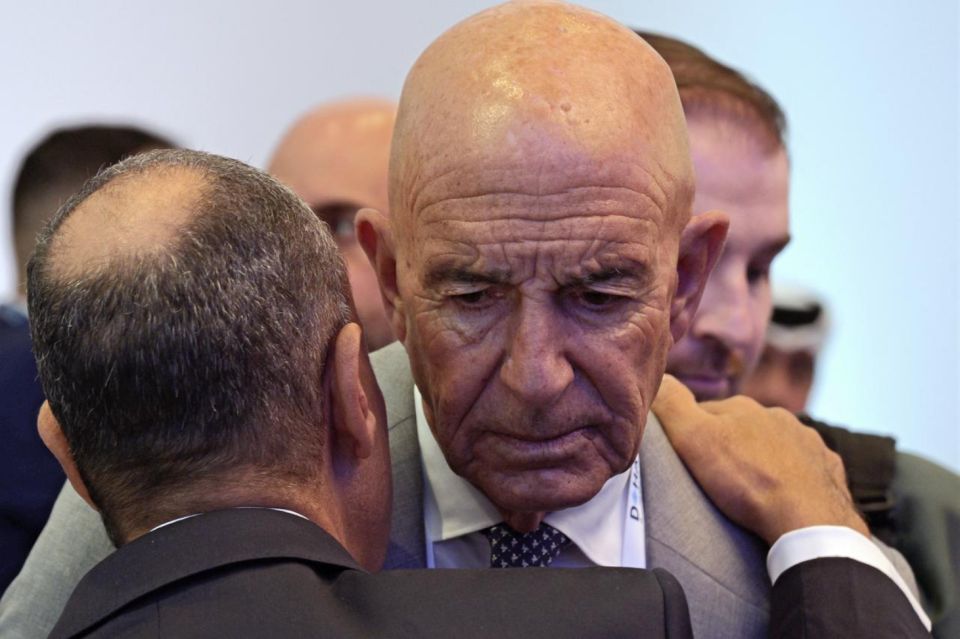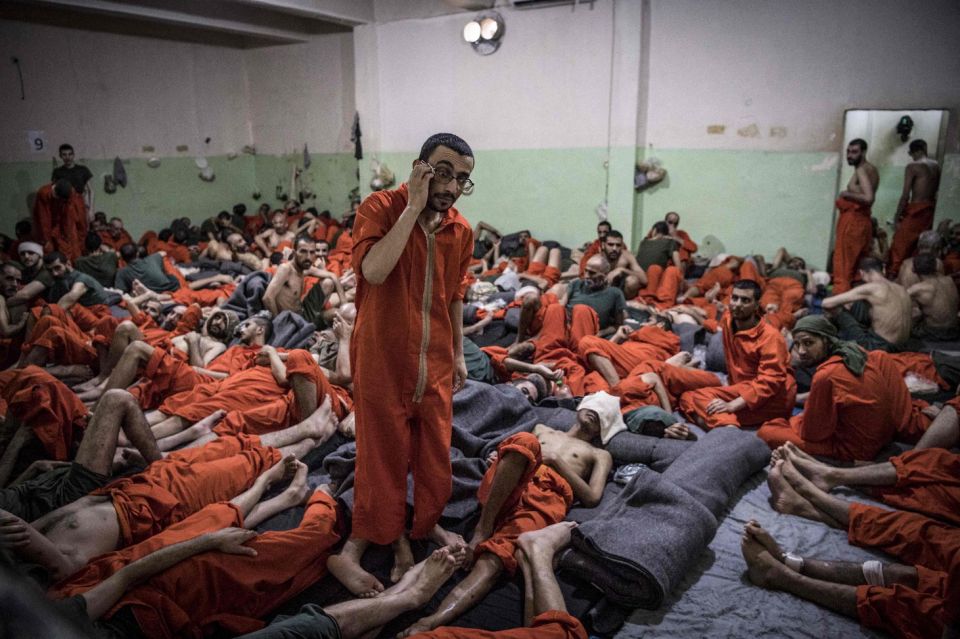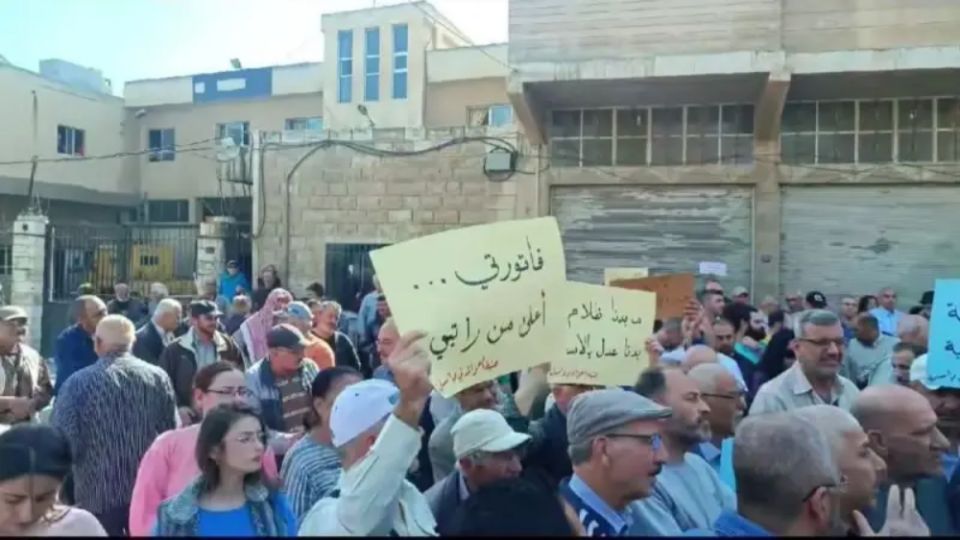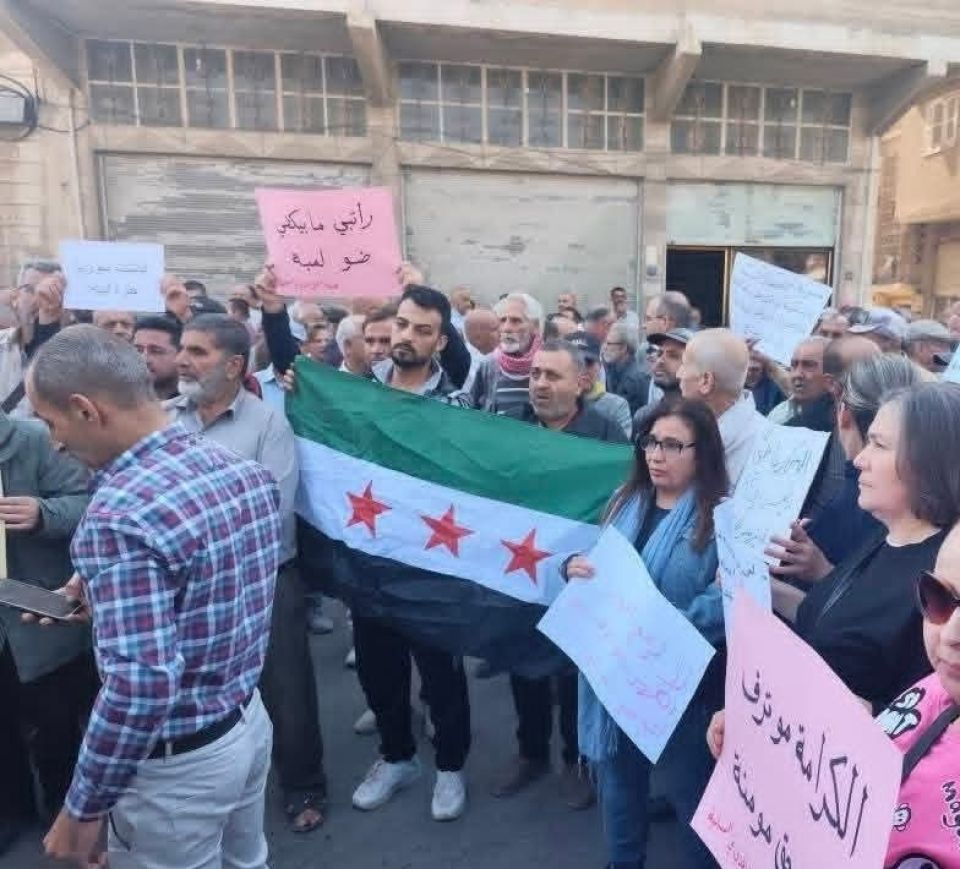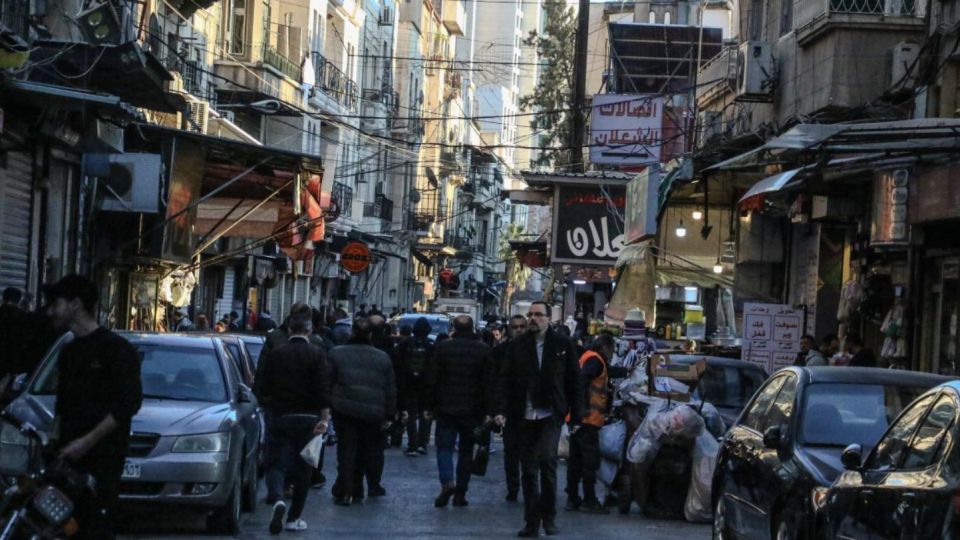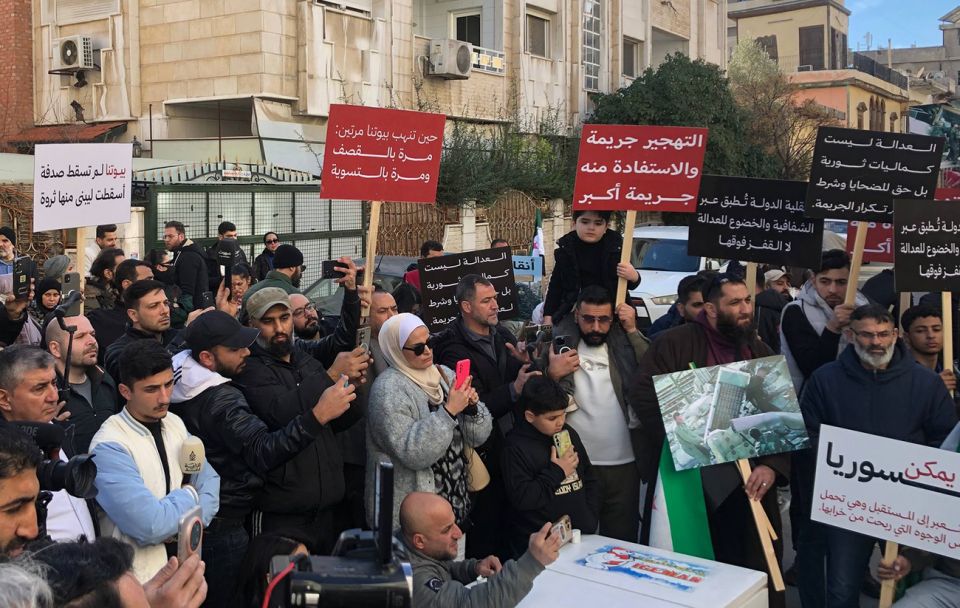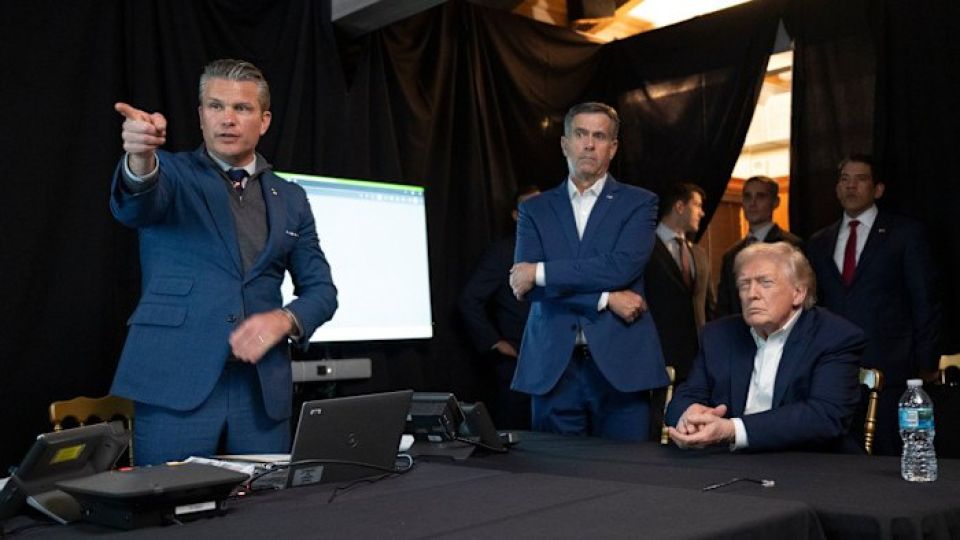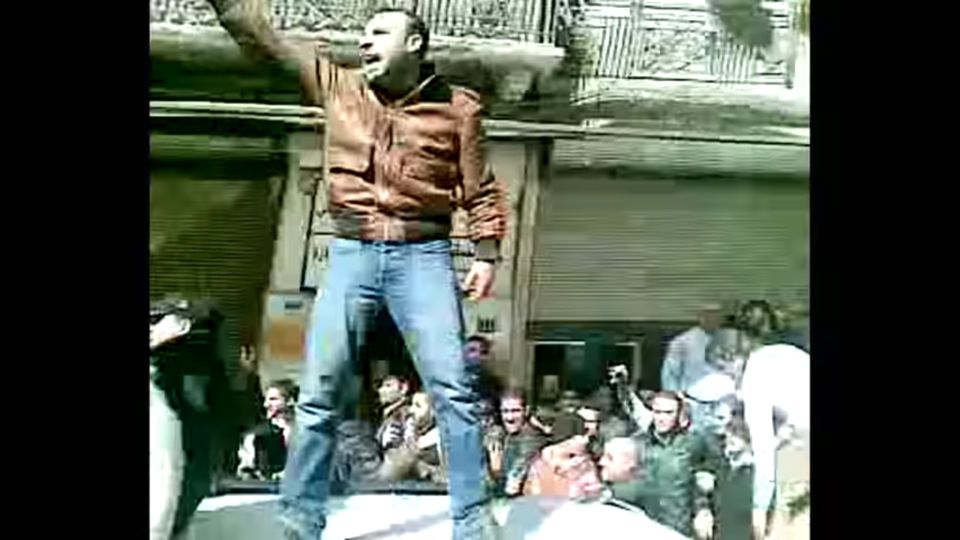
kassioun
email This email address is being protected from spambots. You need JavaScript enabled to view it.
In a new statement marked by unparalleled brazenness and arrogance, during a press conference at the White House last Friday, February 20, Trump said about Syria’s interim president: “I’m essentially the one who put him there!”
Over the past few days, a number of significant US moves concerning the Syrian situation have taken place. These moves are naturally linked to Syria’s internal dynamics, but even more so to the broader, rapidly evolving regional developments—including major contradictions within the American and Western elite regarding war on Iran: between continued military mobilization on one hand, and negotiations and talk of a possible agreement on the other, which has even reached the point of announcing the possibility of a meeting between Trump and Khamenei.
Our region as a whole is living in a state of anticipation over the possibility of a new American–“Israeli” war against Iran, because such a war would inevitably affect all the countries and peoples of the region, whatever its outcomes might be.
Syrians are gradually emerging from the state of shock caused by the new electricity bills, and are beginning to express—through various and escalating forms—their intense dissatisfaction and rejection of the astronomical increase in electricity prices. One of the most prominent expressions has been boycotting paying electricity bills, summed up by the phrase “I won’t pay”. Yet, a closer look at the Syrian reality offers another phrase that is even more expressive: “Even if I wanted to, I don’t have the money to pay”.
The new electricity bills have reached Syrian households, igniting what little patience people had left. Silent complaints have turned into open anger at the logic of unjust collection from the pockets of ordinary people—some of whom stated plainly, “I won’t pay!” Those who did pay did so with an overwhelming sense of betrayal by a government that was supposed to put an end to the economic policies of the Assad regime that impoverished and starved Syrians.
Decree No. 13, issued last Friday, 16 January 2026, concerning the Kurdish issue in Syria—in parallel with practical agreements on the ground between the government and the SDF—has created a positive atmosphere in a country starving for an end to bloodshed and for consensus among Syrians instead of fighting.
The agreement signed by Mohammad Hamsho last Wednesday, 7 January 2026, with the “National Committee for Combating Illicit Enrichment” sparked widespread—and justified—anger among the Syrian public. The agreement appeared to justify and legitimize “illicit enrichment”, rather than combat it.
On the surface, what happened in Venezuela appears to be a victory for the US—the strong, dominant power that strikes wherever and whenever it wishes and imposes its will by various means, including iron and fire, military coups, and criminality. At a deeper level, however, the real picture is exactly the opposite, and it can be discerned by considering the following coordinates:
On February 17, 2011, in Damascus’s al-Hariqa market—before any foreign interventions, before any influx of money or weapons, and as a natural, spontaneous result of the accumulated oppression, injustice, and anger—crowds of Syrians chanted in the face of the authorities and their representatives: “Thieves! Thieves!” They also chanted: “The Syrian people will not be humiliated”.
Last Thursday, December 19, while celebrating “Hanukkah” at the White House, Trump made a number of statements regarding the occupied Syrian Golan, boasting that he had “given it to Israel”, describing it as land rich enough to be worth trillions of dollars. In doing so, he reminded everyone of the decision he took during his first term—specifically on March 25, 2019—when he signed a US presidential decree recognizing “full Israeli sovereignty over the Syrian Golan Heights”.


